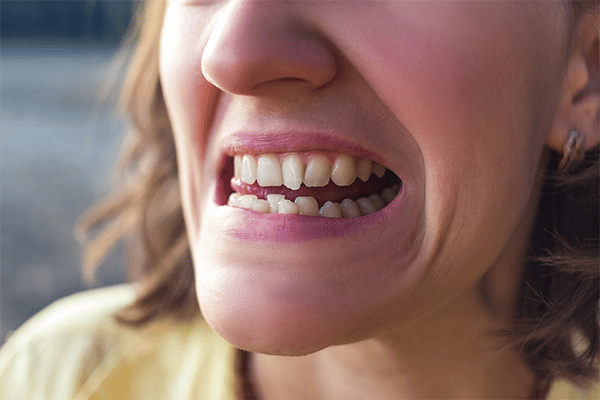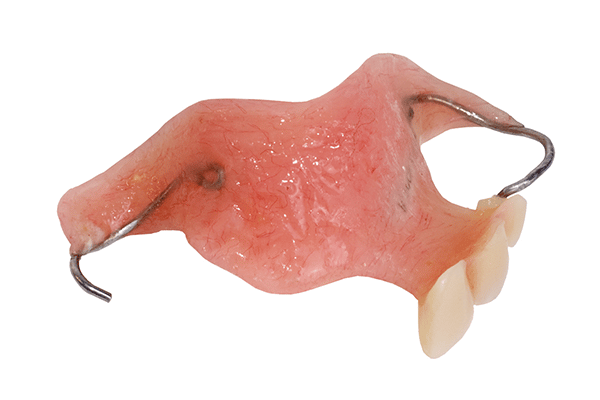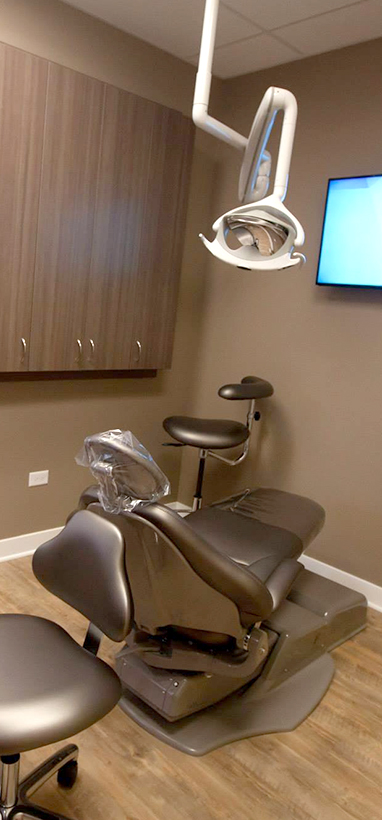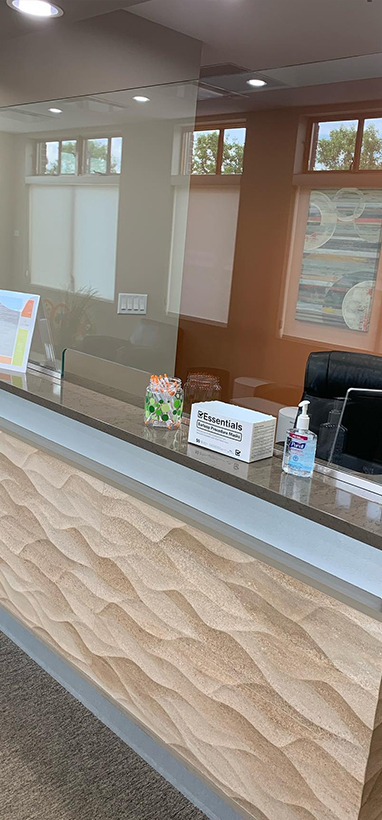1516 Legacy Cir, Naperville, IL 60563
Why Being Proactive About Dental Care Matters
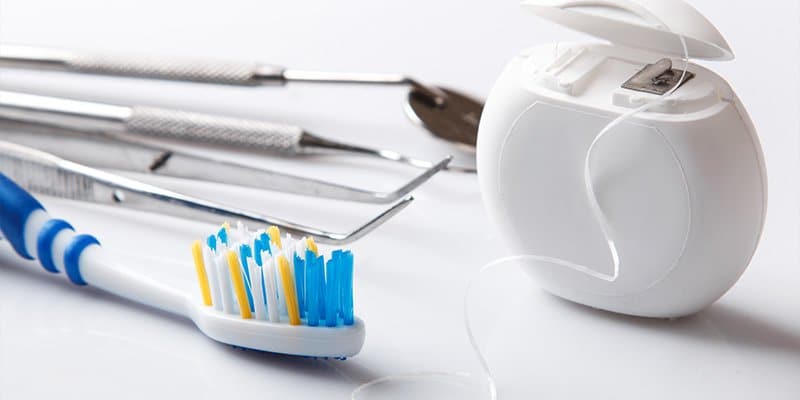
We brush and floss our teeth to prevent cavities and gum disease, but why do we not take proactive measures regarding crowns? Although pain may not be present on a tooth that a crown was recommended for, it is best to protect the tooth before an issue arises. If a tooth has begun to crack, it will eventually break through.
Many people often overlook the significance of dental care when it comes to maintaining overall health. However, a proactive approach to oral hygiene is not just about keeping a bright smile; it plays a vital role in our overall well-being. Neglecting dental health can lead to many problems, including cavities, gum disease, and systemic health issues. In this blog post, we will delve into why being proactive about dental care matters and provide expert tips to help you achieve optimal oral health.
The Connection Between Oral Health and Overall Well-being
Your oral health is intricately linked to your overall well-being. Poor dental hygiene can lead to various health issues, such as cardiovascular disease, diabetes, respiratory infections, and dementia. Neglecting dental care allows harmful bacteria to thrive in your mouth, potentially entering your bloodstream and affecting other areas of your body. Being proactive about dental care can significantly reduce the risk of developing these systemic health problems.
Preventing Dental Issues Before They Escalate
One of the primary reasons to be proactive about dental care is to prevent dental issues before they escalate into more significant problems. Regular dental check-ups and cleanings allow your dentist to detect early signs of decay, gum disease, or oral abnormalities. Addressing these issues promptly prevents them from worsening and requiring more extensive and costly treatments. Remember, prevention is always better than cure.
Achieving Optimal Oral Health with Proper Hygiene Practices
Practicing good oral hygiene is the foundation of proactive dental care. Here are some essential habits to incorporate into your daily routine:
Brushing: Brush your teeth at least twice daily using a soft-bristled toothbrush and fluoride toothpaste. Be thorough, spending two minutes each time and paying attention to all tooth surfaces.
Flossing: Regular flossing removes plaque and food particles from areas your toothbrush cannot reach. Make it a habit to floss at least once daily, preferably before bedtime.
Mouthwash: An antimicrobial mouthwash can enhance oral hygiene by reducing bacteria and freshening your breath. Choose a mouthwash that is alcohol-free and approved by your dentist.
The Role of a Balanced Diet in Dental Health
A balanced diet plays a crucial role in maintaining optimal dental health. Limit sugary and acidic foods and beverages, which contribute to tooth decay. Instead, choose a diet rich in fruits, vegetables, lean proteins, and whole grains. These nutrient-dense foods provide essential vitamins and minerals that promote healthy teeth and gums.
Additional Measures for Enhanced Dental Care
In addition to regular dental check-ups, there are several other proactive measures you can take to maintain excellent dental health:
a. Dental Sealants: These are thin coatings applied to the chewing surfaces of the back teeth to protect them from decay. Ask your dentist if dental sealants are suitable for you or your children.
b. Fluoride Treatments: Fluoride treatments help strengthen tooth enamel and make it more resistant to decay. Your dentist may recommend professional fluoride treatments based on your oral health needs.
c. Orthodontic Care: Correcting misaligned teeth and bite issues through orthodontic treatment improves aesthetics and facilitates better oral hygiene. Straight teeth are easier to clean, reducing the risk of plaque buildup and gum disease.
The Bottom Line
Being proactive about dental care is essential for maintaining a healthy smile and overall well-being. By prioritizing good oral hygiene practices, following a balanced diet, and regularly visiting your dentist, you can prevent dental issues, detect problems early on, and ensure optimal oral health. Remember, caring for your teeth and gums today will benefit you for years.



